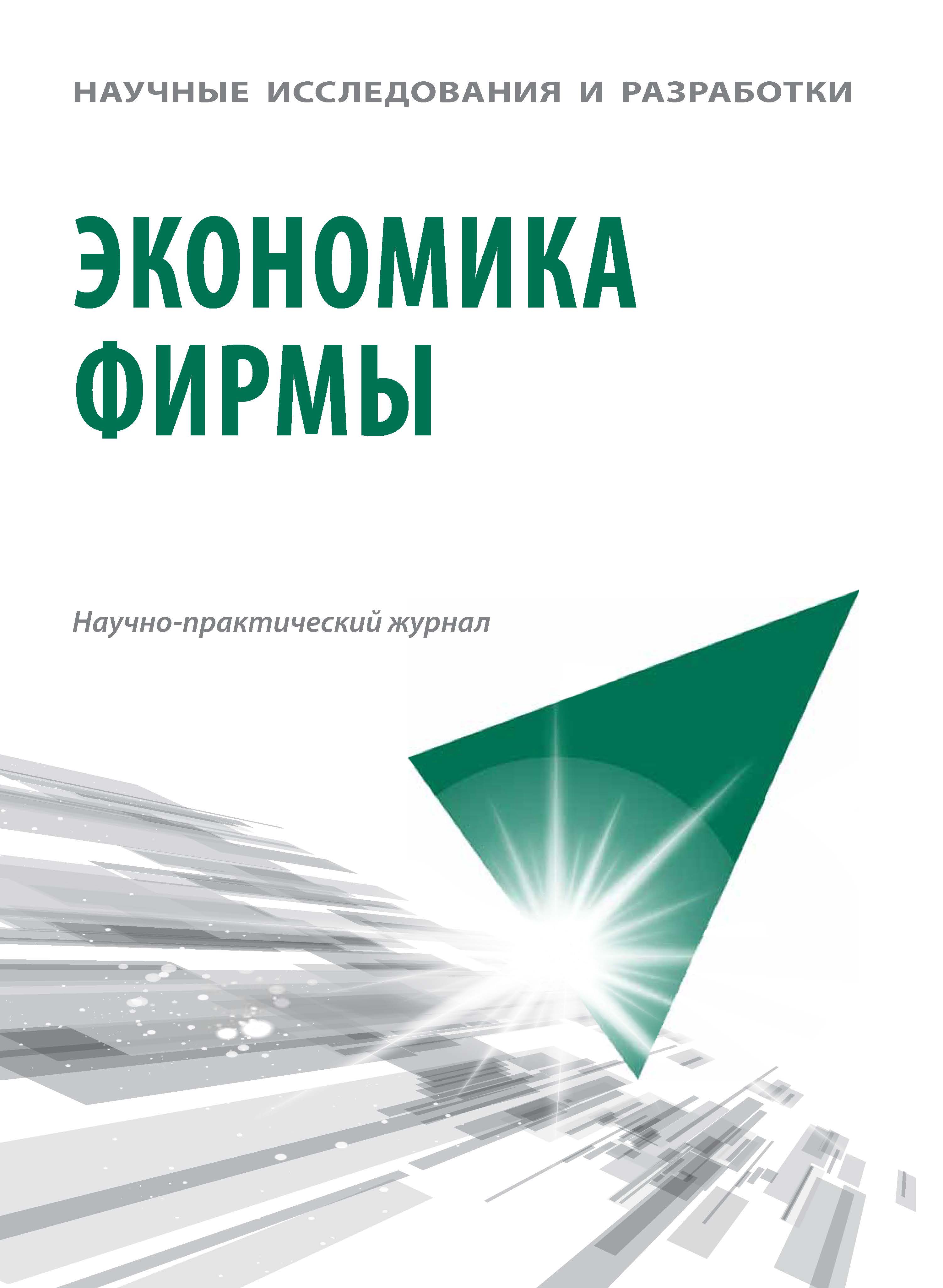Russian Federation
The paper presents a conceptually new direction in ensuring the long-term sustainable development of organizations — an autogenic crisis and a mechanism for its preparation — stress testing. The thesis that the crisis is a manifestation of the third law of Hegelian dialectics — “the negation of negation” is advanced. It is concluded that the crisis is a violation of the previous equilibrium (stability) and at the same time, the potential for transition to a new equilibrium (new stability), i.e. a crisis state serves as a way of moving an object from a previous state, through disintegration and conflict, to a new state. To remove contradictions and imbalances, the author proposes to initiate a managed (autogenic) crisis by the top leaders of the organization. Autogenic crisis allows you to update, reboot the system and move to a new level of stability. To prepare for an autogenic crisis and identify underlying problems in the early stages, the author proposes to use a diagnostic tool such as stress testing in the framework of macro- and microprudential regulation. The article outlines ways to solve the tasks and determines the directions for the further development of stress testing and prudential policy in industry.
crisis, autogenic crisis, “the negation of the negation”, life cycle model, organizational systems, system changes, macroprudential policy, microprudential policy, stress testing, stress test
1. Andrievskaya I.K. Stress - testirovanie: obzor metodologij. - VIII Mezhdunarodnaya nauchnaya konferenciya [Stress Testing: A Review of Methodologies. - VIII International Scientific Conference]. Modernizaciya e`konomiki i obshhestvennoe razvitie [Modernization of the economy and social development]. Moscow: GU-VShE` Publ., 2007, pp. 34-43. Available at: https://publications.hse.ru/en/chapters/95764179 (accessed 13 October 2019).
2. Danilova E.O., Markov K.V. Makroprudencial`noe stress-testirovanie finansovogo sektora: mezhdunarodny`j opy`t i podxody` Banka Rossii. Den`gi i kredit [Macroprudential stress testing of the financial sector: international experience and approaches of the Bank of Russia. Money and credit]. 2017, I. 10, pp. 3-15. Available at: https://www.cbr.ru/Content/Document/File/27612/danilova_17_10.pdf EDN: https://elibrary.ru/ZIZVUP
3. Danilova E.O., Elizarova N.B. Makroprudencial`naya politika: teoreticheskie aspekty` i prakticheskij opy`t Banka Rossii [Macroprudential policy: theoretical aspects and practical experience of the Bank of Russia]. Moscow: Bank Rossii Publ. 2017, pp. 5-17. Available at: https://www.cbr.ru/Content/Document/File/26395/danilova_06_17.pdf
4. Devyatkin O.V. Autogenny`j krizis kak konceptual`naya model` sistemny`x izmenenij [Autogenic crisis as a conceptual model of systemic changes]. Vestnik RE`U imeni G. V. Plexanova [Bulletin of the Russian University of Economics named after G.V. Plekhanov]. 2019, I. 2 (104), pp. 182-191. DOI: http://dx.doi.org/10.21686/2413-2829-2019-2 DOI: https://doi.org/10.21686/2413-2829-2019-2-182-190; EDN: https://elibrary.ru/EXGIMK
5. Koncepciya makroprudencial`nogo stress-testirovaniya - Doklad dlya obshhestvenny`x konsul`tacij - Bank Rossii [The concept of macroprudential stress testing - Report for public consultation - Bank of Russia]. 2017. Available at: https://www.cbr.ru/Content/Document/File/50685/Consultation_Paper_171019.pdf (accessed 13 October 2019).
6. Podxody` k organizacii stress-testirovaniya v kreditny`x organizaciyax (na osnove obzora mezhdunarodnoj finansovoj praktiki) [Approaches to the organization of stress testing in credit institutions (based on a review of international financial practice)]. Dokumenty` Banka Rossii [Bank of Russia Documents]. Available at: http://www.cbr.ru/analytics/bank_system/stress/ (accessed 13 October 2019).
7. Blaschke W., Jones T., Majnoni G., Peria S-M. Stress Testing of Financial Systems: An Overview of Issues, Methodologies, and FSAP Experience// IMF Working Paper, #341(2001). 78p. Available at: https://www.imf.org/en/Publications/WP/Issues/2016/12/30/Stress-Testing-of-Financial-Systems-An-Overview-of-Issues-Methodologies-and-FSAP-Experiences-15166 (accessed 06 June 2019).
8. Carole K. Barnett, Michael G. Pratt, "From threat-rigidity to flexibility - Toward a learning model of autogenic crisis in organizations", Journal of Organizational Change Management, (2000) Vol. 13 Issue: 1, pp.74-88, Available at: https://doi.org/10.1108/09534810010310258 (accessed 06 June 2019). EDN: https://elibrary.ru/EBJMMT
9. Consultative Paper «Credit Stress-Testing». Monetary Authority of Singapore. 2002. Available at: http://mx.nthu.edu.tw/~jtyang/Teaching/Risk_management/Papers/Testing/Consultative%20Paper%20on%20Credit%20Stress-Testing.pdf (accessed 06 June 2019).
10. Macroprudential Policy Tools and Frameworks. Progress report to G20. Financial Stability Board, International Monetary Fund, Bank for International Settlements, October 2017. Available at: http://www.bis.org/publ/othp17.pdf (accessed 06 June 2019).
11. Robert Drazin, Lloyd Sandelands Autogenesis: A Perspective on the Process of Organizing. Organization Science Vol. 3, No. 2 (May, 1992), pp. 230-249. Available at: https://doi.org/10.1287/orsc.3.2.23 (accessed 06 June 2019).
12. “Stress testing by large financial institutions: current practice and aggregation issues”, BIS, 2000. Available at: https://www.bis.org/publ/cgfs14.htm (accessed 13 October 2019).
13. GOST R ISO ME`K 57193-2016. Sistemnaya i programmnaya inzheneriya. Processy` zhiznennogo cikla system [GOST R ISO IEC 57193-2016. System and software engineering. Systems life cycle processes].
14. Mezhdunarodny`j standart ISO 31000-2018. Menedzhment riska - Rukovodstvo [The international standard ISO 31000-2018. Risk Management - Leadership].






